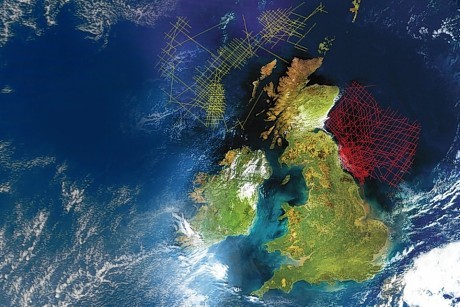
The offshore operations of some of Scotland’s biggest firms, including north-based Aberdeen Asset Management, have been detailed in the so-called Paradise Papers.
Several of the top companies in finance, commerce and industry are named as clients of Bermuda law firm Appleby, including engineering giants Weir Group and chemicals firm Ineos.
The details emerged after the spotlight was shone on the complex overseas business arrangements of the world’s wealthiest companies, institutions and public figures, including the Queen, Apple and Lewis Hamilton.
More than 13 million documents were leaked, detailing information about 120,000 organisations and individuals.
Ineos bosses initially denied using Appleby, but later admitted the company had employed the law firm in the past, albeit not for several years.
They denied the law firm was involved in anything to do with the company’s bonus scheme.
Aberdeen Asset said it had used a company associated with Appleby in Jersey to help pay bonuses to staff under a staff share scheme.
A spokesman said the payments were all “fully taxed in the UK at UK levels” and that it used an offshore structure for the payments because of the “quality of service provided by the firm”, not in an effort to minimise its tax bill.
At a meeting of the British-Irish Council, First Minister Nicola Sturgeon demanded more transparency and the tightening of regulations allowing firms and individuals to slash their tax bills.
She said: “We must have rules and regulations in place that properly promote tax transparency, but also operate to close down any tax loopholes people are using in order to unfairly minimise the tax that they pay.”
Appleby’s work is often intended to reduce clients’ tax liabilities, but there is nothing to suggest any of the Scottish firms have acted illegally.
Part of Appleby’s work for some of the firms involved arranging payment of salaries and bonuses to some of their 30,000 staff from offshore accounts.
Some of these bonus schemes have been questioned by the tax authorities with staff paying just 10% on bonuses instead of 40% they should have paid if they were in the highest income tax bracket.
This might also have meant smaller national insurance contributions for employers.